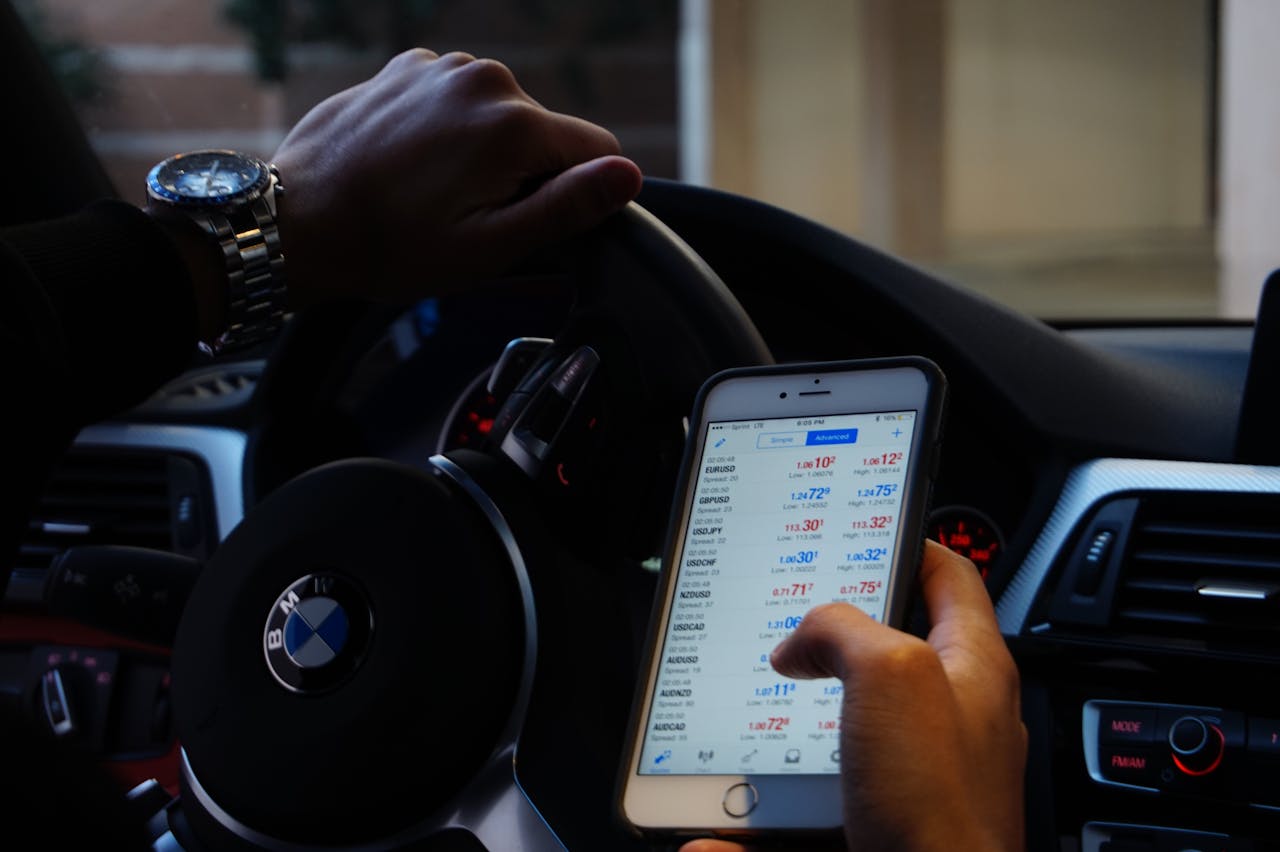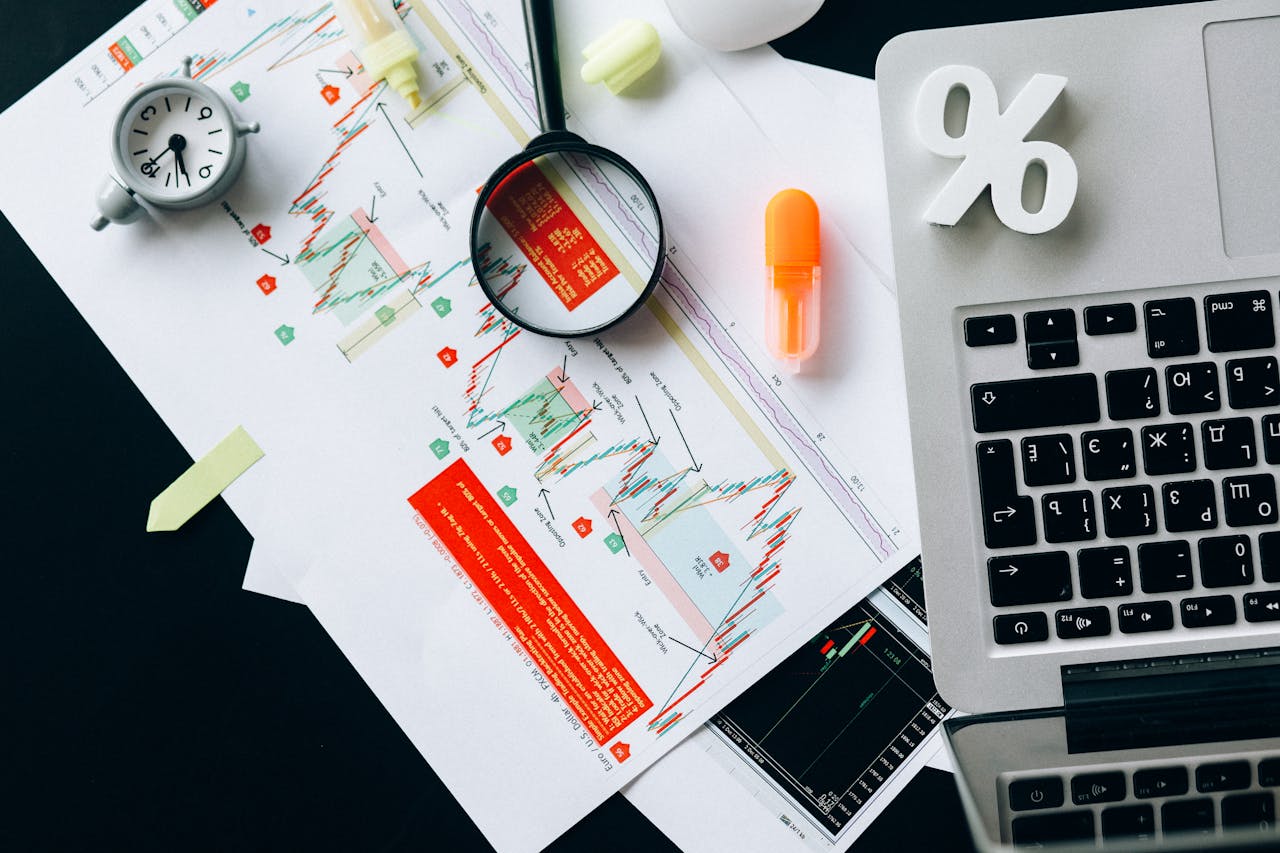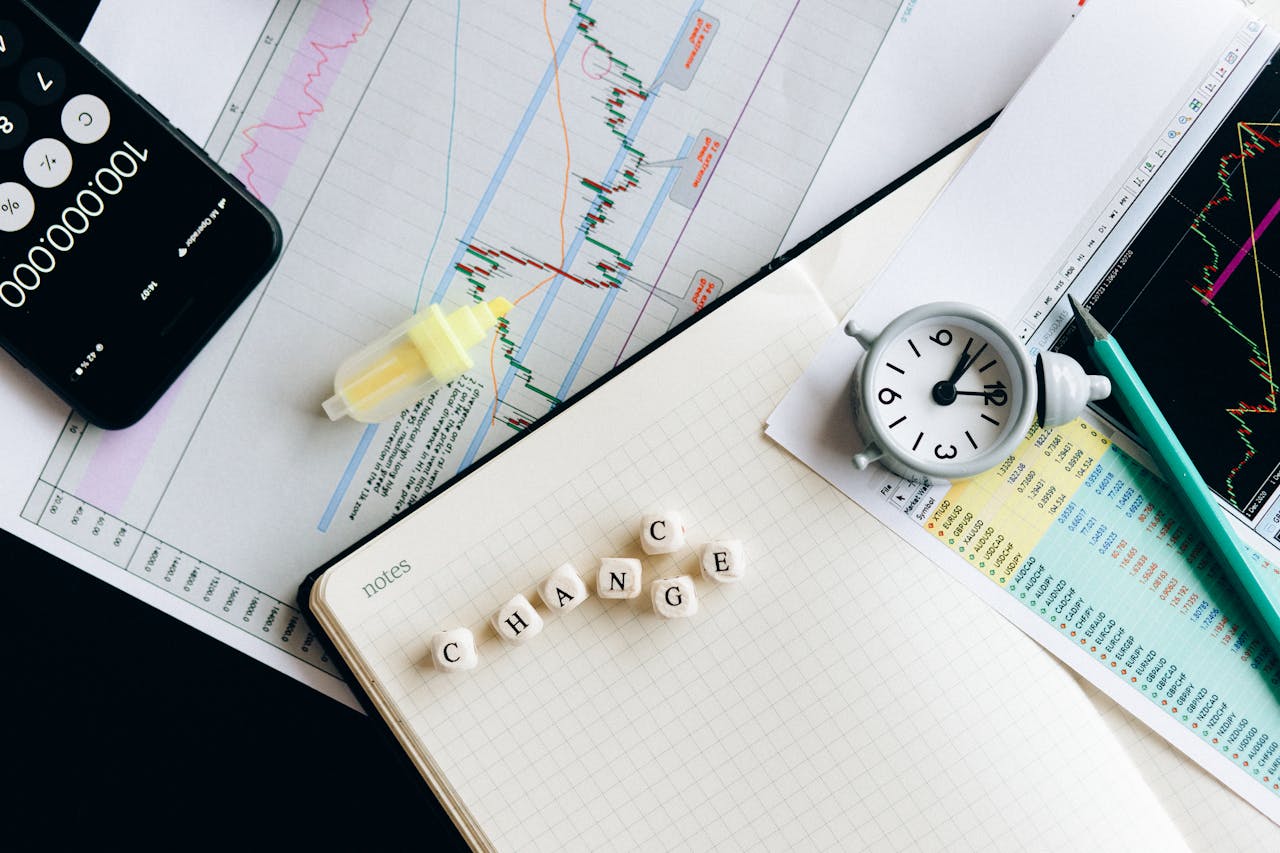Navigating Financial Challenges
Many face hurdles in securing their financial future. Identifying scams and managing investments can be daunting for individuals. Our resources aim to shed light on these issues.
Tailored Financial Solutions
We offer comprehensive services to navigate your financial journey. From scam alerts to retirement planning, our expert guidance empowers you to make informed decisions.

Scam Prevention
Learn to recognize and avoid forex scams. Our guidance empowers you to protect your investments. Stay informed and safeguard your financial future.

Retirement Planning
Plan your retirement with confidence. Access resources and tools to help you make informed decisions. Secure your future with our tailored guidance.

Financial Insights
Receive expert analysis on financial trends. Understand market dynamics and make better investment choices. Elevate your financial acumen with our insights.
Our Journey to Empowerment

Latest Articles
Choosing the Right Family Lawyers in Sydney for Your Case
Finding the right family lawyer to represent you in Sydney is crucial when navigating the…
What Is Family Law, and How Does It Impact Your Rights?
Family law is a vital area of law that governs the relationships between individuals within…
Top 10 Retirement Planning Tips You Need to Know for Financial Success
Planning for retirement is a crucial step toward ensuring financial security in your later years….
Essential Superannuation Advice for Self-Managed Super Funds (SMSF)
Superannuation is a critical aspect of retirement planning in Australia. Among the various types of…
FXCM Permanently Banned From The USA – Fined $7 Million
On February 6, 2017, the National Futures Association (NFA), reported that they are permanently barring FXCM from…
TradeStation Forex / IBFX Broker Review – United States
Overall Conclusion: TradeStation Forex / IBFX has had one regulatory action against it by the CFTC….
Start Your Journey to Financial Security Today!
Empower Your Financial Future
Unlock a world of benefits with our expert guidance. Our resources ensure you are better equipped to manage your finances and avoid scams.
Expert Insights
Gain access to expert advice that helps you identify and avoid scams. Our insights will keep you informed and secure in your financial decisions.
Personalized Guidance
Receive customized support tailored to your financial situation. We empower you to create a sustainable plan for managing your superannuation and investments.
Updated Resources
Stay informed with regularly updated content and resources. Our commitment to timely information helps you make proactive financial choices and plan for the future.






